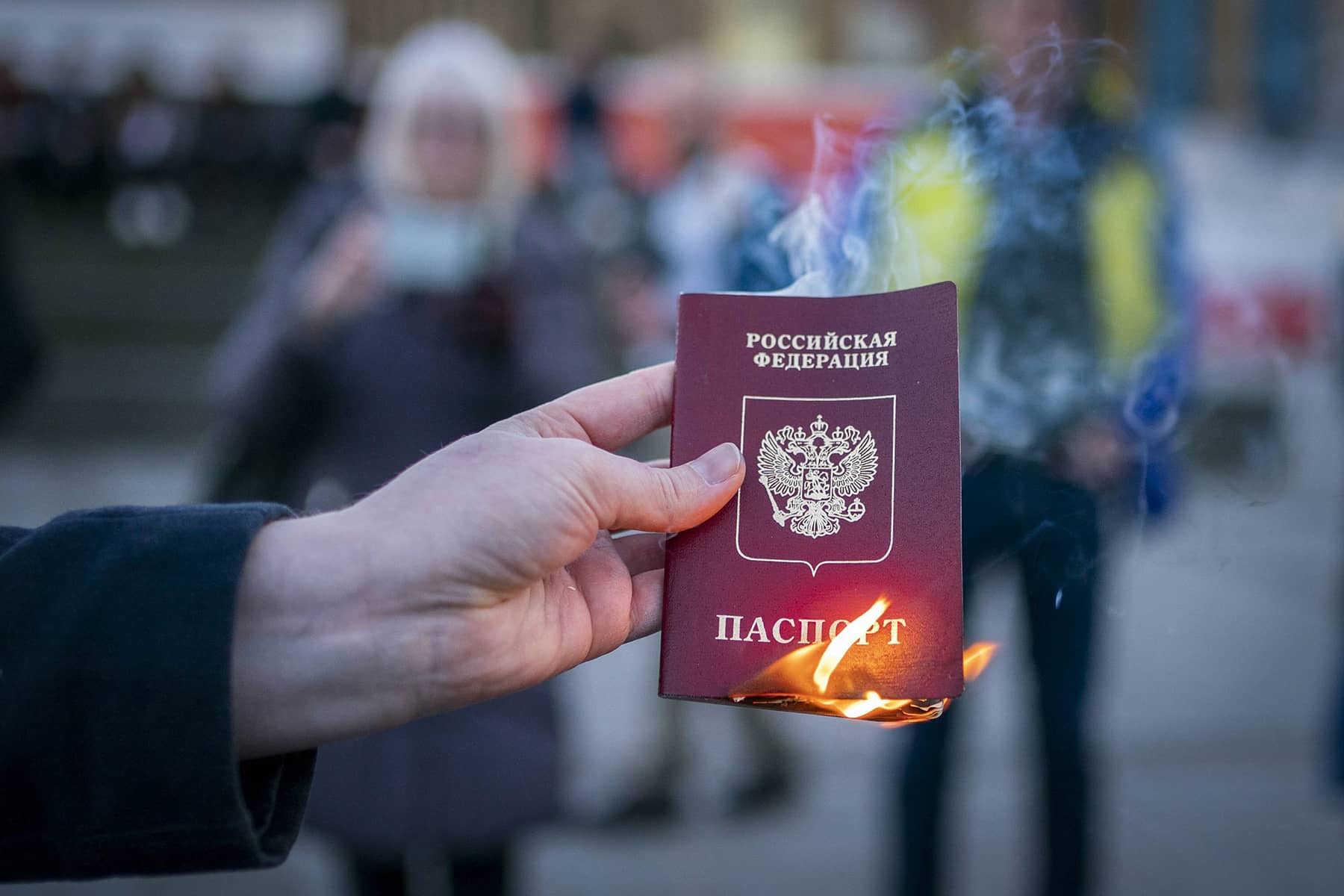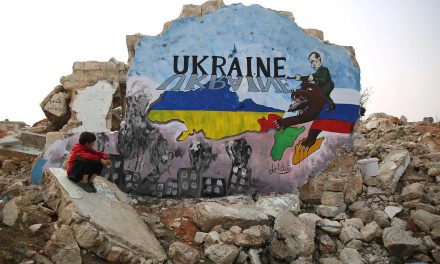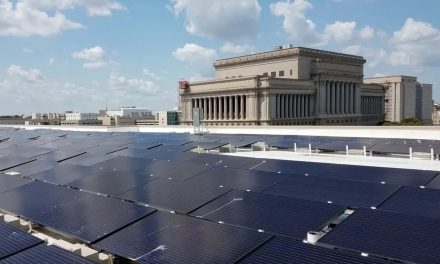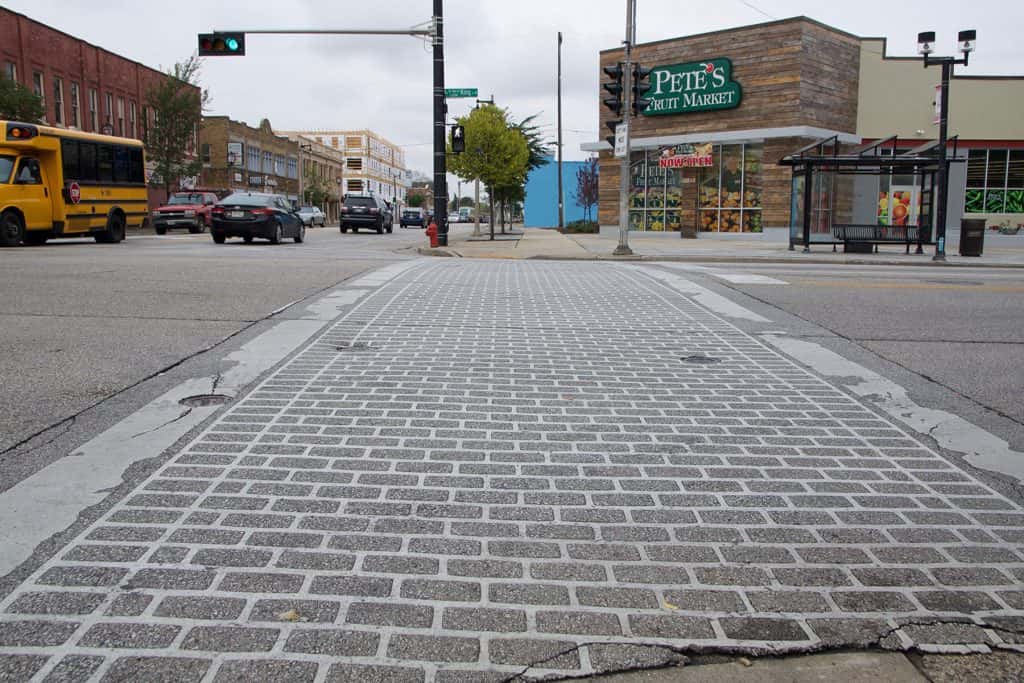
Russian dictator Vladimir Putin recently signed a decree to simplify the procedure for Russian citizenship, specifically for residents of the Zaporizhzhia and Kherson oblasts in occupied Ukraine.
The action further proves that Putin had every intention to annex Ukrainian territory. The May 25 decree coincided with news from Petro Andriushchenko, Advisor to the Mayor of Mariupol, that the Russian proxy ‘Donetsk People’s Republic’ had begun directly issuing Russian passports without going through the pretense of receiving the ‘citizenship’ of the illegal puppet government.
The new decree, in fact, was merely supplemental to Putin’s original policy that weaponized citizenship on April 24, 2019. It was issued three days after Ukrainians overwhelmingly voted for Volodymyr Zelensky as their President, a strong leader who Putin saw as a direct threat to his plans. The new President had campaigned on not making concessions to Russia.
Putin issued a second decree on July 17, 2019, making it possible for all Ukrainians in the Donetsk and Luhansk oblasts to receive Russian citizenship. According to the simplified procedure, they could qualify even if they lived in Ukrainian government controlled territory. Both moves were condemned by the international community, with the EU calling Russia’s actions “an encroachment on Ukraine’s sovereignty” and in breach of the Minsk Agreement.
On October 10, 2019, the EU stated that it did not recognize Russian passports issued in occupied Donbas, and that they were releasing guidelines to member states on how to recognize such documents and not accept them.
Moscow continued to demonstrate its contempt for such EU protests. In January 2022, with Russia’s total invasion of Ukraine already planned, Putin released a new draft law on Russian citizenship. It envisaged the so-called “change of the state border of the Russian Federation,” as grounds for obtaining Russian citizenship.
Where the original decree from April 24, 2019 read “on the territory” of the Russian proxy Donetsk and Luhansk People’s Republics, the new decree added “the Zaporizhzhia Oblast of Ukraine or the Kherson Oblast of Ukraine.”
The fact that the Oblasts were identified as parts of Ukraine did not minimize the hostile nature of Putin’s action, nor overt the weaponization of Russian citizenship. Although the Russian invaders have met with resistance throughout parts of the Zaporizhzhia and Kherson Oblasts and Donbas that they are temporarily occupying, it has been clear that Russia has no intention of voluntarily giving up any territory under armed occupation.
It was long been feared that Russia would resort to military measures to obtain water for occupied Crimea. At least one of the first aims of the invading Russian army on February 24 was to seize the Kakhovka Hydroelectric Station, and to ensure access to water from the Dnipro river. Russia’s all-out war against Ukraine, and the measures underway in occupied parts of the Zaporizhzhia and Kherson Oblasts to foist Russian currency, media, and educational standards have shown the extent of Putin’s appetite for annexing more of Ukrainian.
Ukraine’s Foreign Ministry has condemned Putin’s move, warning that it opens the way for Russia to force residents of Ukrainian territory under Russian military occupation to receive Russian citizenship. The act was “a flagrant violation of Ukraine’s sovereignty and territorial integrity.”
Foreign Minister Dmytro Kuleba has “called on the international community to stop Russia from committing crimes against Ukraine and Ukrainians on a scale not seen in the country since the Second World War.”
Hаlyа Cоynаsh
Jаnе Bаrlоw














